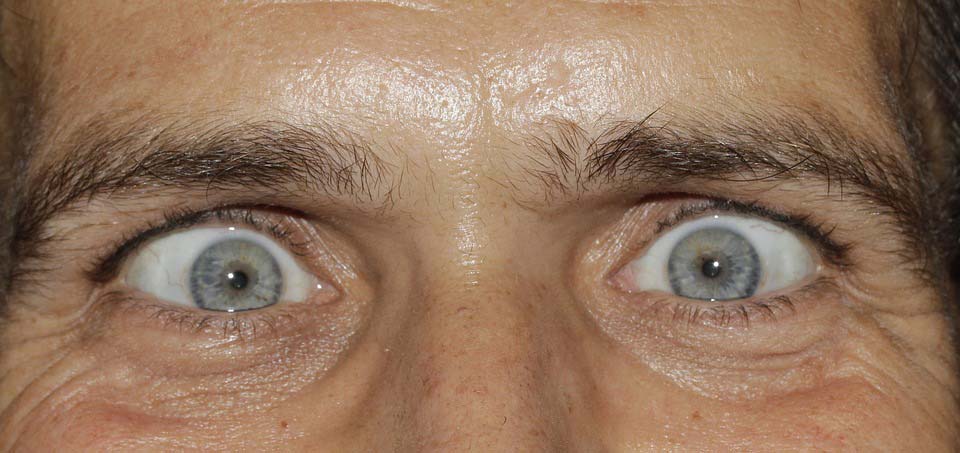
Her name was
What would the neighbors think about this crazy Jewish lady who would babble in some indecipherable tongue from time to strange time? Happily, she had a devoted and responsible son, Jake, who would come quickly when needed. Sweaty, slobbering, her stringy hair something out of a snakepit, she could be seen on those rare occasions when she ventured out on her little concrete front porch. The sight of her shocked and scared me then, but now I recall it only with shame for my ignorance. I would like only to take her in my arms and comfort her, knowing what I know and feeling what I feel at 80. And praying that, when the angel of death comes mercifully for me, he will leave me with a shred of dignity.
It was Montaigne who, in a couple of masterful essays about death, "That We Should Not be Deemed Happy Until After Our Death" and "To Philosophize Is to Learn How to Die," wrote that a life should be considered on the basis of how its end is met. "When judging another's life," he told us, "I always see how its end was borne, and one of my main concerns for my own is that it is borne well -- that is, in a quiet and muted manner."
As one moves on to the next and final stage of life, wrote Montaigne, it would be a great shame simply to put it out of one's mind and pretend to be immortal -- "what brutal insensitivity can produce so gross a blindness" -- but instead men (and women) should "educate and train for their encounter with their adversary, death."
There is no better way to prepare for the end or perhaps a new beginning than by rehearsing one's shortcomings in this brief span in time and eternity so as not to perpetuate them. Life is a dream, a sage once wrote, that should be lived so as to prepare for the great awakening. Montaigne would have preferred to die tending to the cabbages in his vegetable patch, but instead was taken when only 59, succumbing to quinsy, which leaves the body breathless -- a painful way to go.
How blessed are those who keel over and leave this vale of tears while busily occupied in their life's work. And how blessed I've been in my work, family and friends. These days I'm more likely to see those remaining not on the campaign trail or at the newspaper office but in a doctor's waiting room. Not that I'm in any hurry to leave this antechamber to eternity. Having been a people-watcher for eight decades, I continue to find them -- and my reactions to them -- a subject of interest. They'll surprise you, this species that has dared called itself Homo sapiens, Man the Thinker. Just when you're about to give up on one of them as utterly hopeless, he, she or other will do something in an instant that makes one's own efforts at salvation seem paltry indeed.
Not to be born is best,
when all is reckoned,
But when a man has seen
the light of day,
The next best thing by far
is to go back
Where he came from,
and as quick as he can.
Once youth is past,
with all its follies,
Every affliction comes on him,
Envy, confrontation, conflict,
battle, blood,
And last of all, old age lies
in wait to besiege him,
Humiliated, cantankerous,
Friendless, sick and weak,
Worst end of all.
Not being an ancient Greek, and never having heard a shot fired in anger, it's hard for an American son of immigrants to resist giving old Sophocles a
Too young for the Korean War and somehow overlooked when many of my better contemporaries were being sent off to the dismal, unending conflict in
But am inclined to taking nothing for granted, including life itself. So many memories to recount, so many stories to tell, so many of my wrongs to repent and surely so little time left in which to do all that.
And to say goodbye, too, or maybe just so long till next time around. A good day to you,
Comment by clicking here.
Paul Greenberg is the Pulitzer-winning editorial page editor of the Arkansas Democrat-Gazette.


 Contact The Editor
Contact The Editor
 Articles By This Author
Articles By This Author
